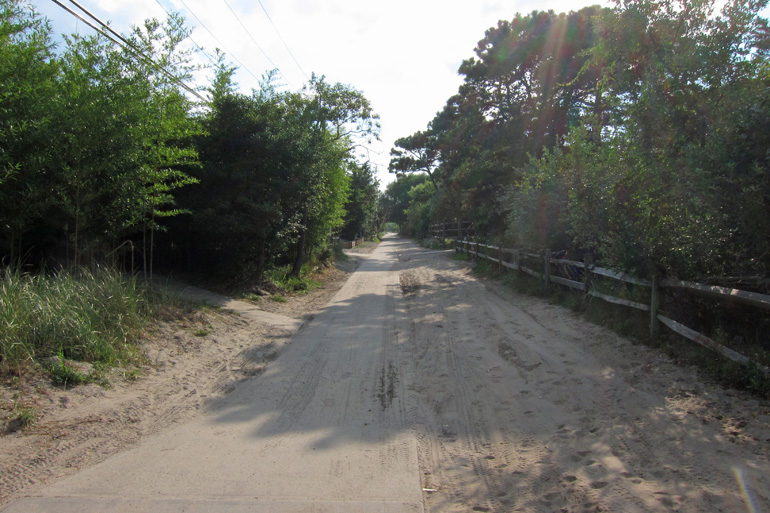August:
Mosesitits
13 August 2011
When I got back to the house, after seeing Megan and Will off on the ferry, I sat down and resumed reading The Power Broker. Every now and then, I’d get up for one reason or another — to refill my mug of tea; to move the laundry through its various cycles (including the manual ones of folding it and putting it where it belongs; why isn’t there a machine for that?); to fix myself a sandwich for lunch or, later, a snack of cheese and crackers — but I always came back to the book, andas the hours crept by, I felt increasingly unhappy about being alone. At one point, I wrote a few letters, and that cheered me up, but my thoughts were too dispersed to allow anything more ambitious. I had wanted to make a pasta sauce, but now that there were no immediate mouths to feed, the kitchen was the last place I wanted to be. And so, as the long and glorious afternoon wore on, I sank into a funk that I can only label “Mosesitis.”
And I can only describe Mosesitis as grand opera without the tunes. The fantastic tensions of Robert Moses’s career — why anyone needs to read “fantasy” when there are such tales as these — are never transmuted by the grammar of music into a harmony that, even if it doesn’t render the dark contradictions of human life comprehensible, nevertheless comprehends them. What’s needed is a Wagnerian motif, like the ineffably powerful hook that connotes the fatal (but not fatal!) potion in Tristan und Isolde, a run of notes that reminds us where we are, every time the blackening hero of this astronomically ongoing story discovers even nastier means to justify ever more dubious ends. The handsome but arrogant idealist at the outset is transformed into a monster addicted to power, Dorian-Gray-like, right before our eyes. And the transformation refuses to stop. Just when you think that Robert Moses can’t possibly invent a new way of gratifying his manias, he surprises you with a genius that it would be easier to dismiss as evil, if only the public works that Moses left behind were not so familiarly beautiful or, when not that, at least problematically convenient.
A long part of what seems to be the book’s longest chapter is devoted to the construction of Riverside Park and the Henry Hudson Parkway. At its lower end, the parkway runs between the park and the river, but at its northern end it cuts through the surprisingly wild terrain of Fort Tryon and Inwood Parks. For one or two summers, I rode the parkway every morning and every evening, hitching a ride to my summer job on Wall Street in my father’s car. I’d have preferred to take the train, but my father had given up on trains. He preferred to sit in air-conditioned comfort and listen to Frank Sinatra on WNEW — for a spell, Sinatra and Mia Farrow were shacked up on a sailboat anchored just off the parkway. He didn’t mind the inexorability with which, on the homeward drive, traffic slowed to a crawl at 34th Street and didn’t open up again until past the exits for the George Washington Bridge. I hated it, but there was a reward: when we could drive fast again, it was beneath the trees of the northern end of the parkway, which, no matter how badly it actually degraded the environment, gave the illusion of a pristine landscape. As I turned the pages of The Power Broker, I saw the summer sun dappling the trees as Dad’s car sped beneath them, and I was overcome by the recollection of my father’s easy generosity (even if it was motivated by innocent vanity). The complicating overlay of these distilled memories made it impossible not to feel gratitude for the single-mindedness of Robert Caro’s anti-hero, whom a friend of mine calls “that horrible man.”
Boy, was I ever glad when, at the last light of dusk, Kathleen walked off the ferry and into my arms! That was simple.

